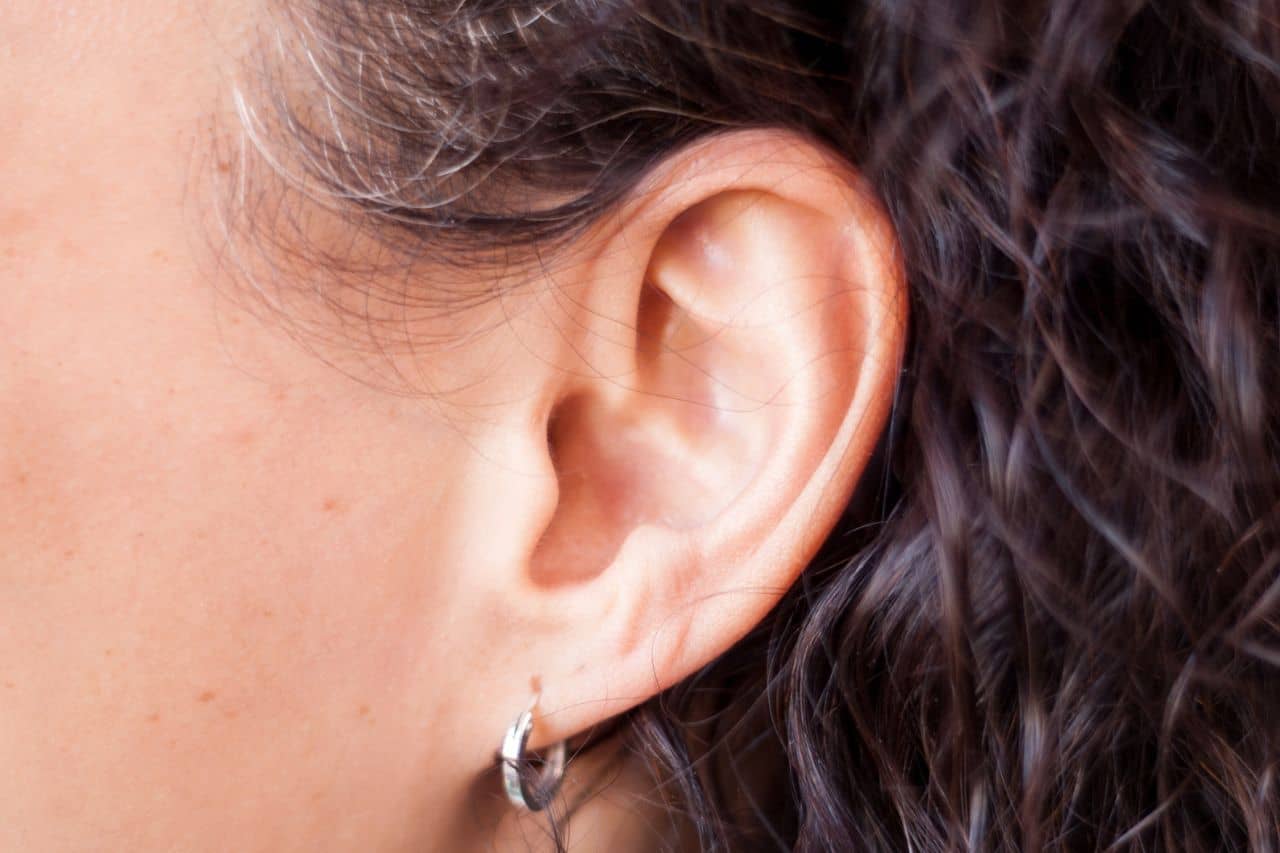Getting a Bug Out of Your Ear: What to Do & What to Avoid

Putting a bug in someone’s ear is fine if you’re sharing information or providing a hint. But an actual bug in the ear is a different story!
While that situation is typically harmless, leaving the insect in the ear or using inappropriate methods to get a bug out of the ear can lead to complications. Consequently, you should seek prompt medical attention if you can’t remove the bug safely and entirely on your own.
This article explains how to tell if a bug is in your ear, how to remove an insect from your ear or someone else’s, and what to avoid when a bug is in your ear.
How to Tell if You Have a Bug in Your Ear
Countless types of insects inhabit outdoor areas and indoor spaces. Whether we see them or they’re hiding, they are there. But how do bugs get in your ear?
Most commonly, they fly into someone’s ear, typically while they’re outside. But bugs can also crawl into a person’s ear. When that occurs, it’s often at night while the individual is asleep and can’t detect the insect moving toward their ear.
If you aren’t immediately aware of a bug in your ear, symptoms may develop later. They can include:
- Odd sensations in the ear
- Buzzing or other sounds
- Pain from a bite or sting
- Swelling
- A feeling of fullness in the ear
- Blood or pus drainage
- Hearing loss
Safely Removing a Bug from Your Ear
Below are actions you can take to remove a bug from your ear. As you review them, remember that you should not use a cotton swab, tweezers, or other items to remove a bug from your ear. Attempting to do so can push the insect deeper into your ear canal, worsening the problem and potentially causing hearing loss.
Try the following to remove a bug from your ear:
- Tilt your head to the side and gently shake it to try and dislodge the insect with the help of gravity. Don’t hit or vigorously manipulate your ear, which can cause other problems.
- Flush the bug out by carefully pouring warm water into your ear.
- If you know the bug is still alive, you can attempt to suffocate it by pouring a small amount of vegetable oil into your ear.
Special care is needed if a child with a history of ear infections, perforated eardrum, or tubes gets an insect in their ear. You should contact their pediatrician immediately for advice on how to proceed.
Professional Removal
You should see your doctor if you can’t safely remove a bug from your ear. They have tools like an otoscope for seeing into the ear canal and specialized tweezers and forceps for grasping an insect to remove it.
They might also flush the ear canal with water or use suction to remove the bug. If the bug is alive, they may use an anesthetic called lidocaine to kill it first. Physicians sometimes sedate children before attempting to remove an insect from their ear to keep them from moving during the procedure.
Your doctor may prescribe an antibiotic if they determine the bug has damaged your ear canal or eardrum.
Prevention
The best way to avoid uncomfortable insect-in-the-ear symptoms and the need for insect-in-the-ear first aid is to keep insects from getting in there in the first place. That’s not always possible, of course, but you can lower your risk by taking the following precautions:
- Ensure window and door screens are free of holes.
- Keep indoor areas clean so they don’t attract bugs.
- Wear insect repellent when outdoors.
- When camping, sleep in a sealed tent.
- If you’re in a particularly buggy area, consider wearing ear protection.
When to Seek Urgent Care for an Insect Inside the Ear
Medical attention isn’t always needed for a bug in the ear. But you should see your doctor promptly or visit an urgent care center if any of the following occur:
- You’re too upset to remove the bug from your ear safely, or your child’s agitation makes it difficult or impossible to remove a bug from their ear.
- Your child has a history of ear problems, including infections, tubes, etc.
- Your removal attempts have been unsuccessful or only brought out pieces of the bug.
- The incident causes hearing loss.
- There are signs of infection, like fluid in the ear, a bad smell, or a fever.
If necessary, a Baptist Health audiologist will assist with any follow-up care for issues like hearing loss

.jpg?rev=0669da79ee4e481d979a4d08cce4c175)

.jpg?rev=3f065c17f8ae449db70b63e516c01853)